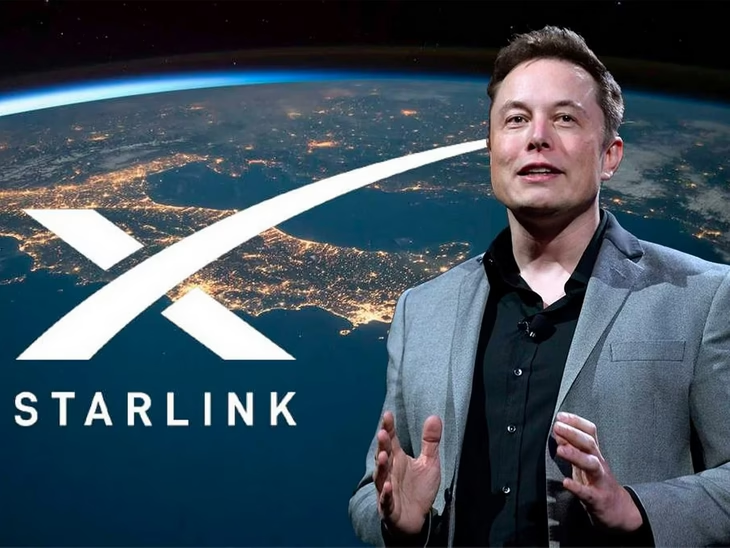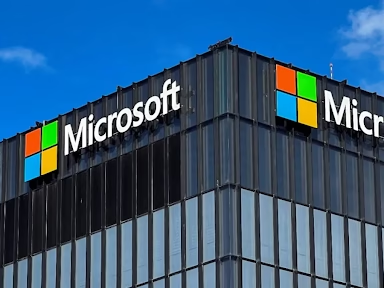
- Hindi news
- Business
- Starlink and amazon ink first satellite broadband pacts in India ahead of spectrum allocation
New Delhi41 minutes ago
- Copy link
The US two major satellite companies Starlink and Amazon Kuper have signed commercial deals with VSAT (Vary Small Aperture Terminal) companies for the first time in India. According to sources, these partnerships are a big step towards launching satellite broadband service in India’s Enterprise (B2B) and Government (B2G) sector. These deals have occurred when the official allocation of satellite spectrum in India is still pending.
What is the plan of these companies?
Both Starlink and Amazon Kuper are preparing to increase business in India through low-end orbit (Leo) satellite broadband service. These companies are not only targeting business and government sector, but are also planning to enter the retail consumer market. However, the pricing model for retail is not yet finalized.
According to Moneycontrol sources, both Starlink and Amazon are working on partnerships in India. They have confirmed deals with some VSAT companies, especially for the B2B and B2G segment. Their purpose is to make full use of their satellite capacity in India.
Who is the Vsat players of India?
Major VSAT companies in India include Hughes Communications, Nelco and Inmarsat. Both Starlink and Amazon Kuper want to work in business and retail segment. These companies will compete directly with Europe’s YouTelsat One Wab, which will provide services through Indian partners. According to the report, ‘Starlink and Kuper will adopt hybrid models in India. They will also provide direct services and will also sell their services through partners.
Starlink has already announced a partnership with Reliance Jio and Airtel. Soon Starlink will also start a direct consumer connection through its website. Amazon Kuper will also adopt a similar model and will not depend on any one distributor given the diversity of India.

Advantage of VSAT services?
VSAT services are usually used for bank branch, ATM, remote gas station, warehouse, retail chain, cellular backhall, C and in-flight connectivity and defense infrastructure. These sectors will benefit greatly from the high-speed broadband received through Leo satellites.
According to the report, companies and government departments are still working with low connectivity, but they want retail automation, remote monitoring and AI operations. The defense sector also needs high-bandwidth, which is possible with Leo satellites.
Hughes Communications Role
Shivaji Chatterjee, CEO, President and Managing Director of Hughs Communications India, told Moneycontrol that his company is talking to all Leo satellite players in India. He said that we are a major company and will be the man go-to-market partner for these companies in the B2B and B2G segment.
Starlinks have received Global Personal Communications by Satellite (GMPCS) license last month. With which it has become the third company to provide commercial SATCOM service in India. However, he is yet to get approval from In-Space.
Amazon waiting for GMPCS and IN-Space approval
A government official said that Starlink may be approved soon. Apart from this, the Telecommunications Department (DOT) is preparing to give a trial spectrum to the Starlink, so that it can complete the security test.
On the other hand, Amazon Kuper is waiting for the approval of both GMPCS and IN-Space. The company has completed security and operational checks and its application will soon be reviewed in the Inter-Menistorial Committee meeting.
The Telecommunications Department will soon decide the rules and prices of satellite spectrum allocation, which will be based on the recent recommendations of the Telecom Regulatory Authority of India (TRAI).
Competition will increase in satellite broadband market in India
Recently, Union Communications Minister Jyotiraditya Scindia met the top executives of SpaceX (Starlink Parent Company) and discussed the strengthening of India’s digital infrastructure with satellite technology.
Starlink and Amazon Kuper’s entry in India will increase competition in satellite broadband market. These companies will not only give high-speed internet to business and government sector, but will also open new possibilities for retail consumers.





